“A future full of hope”. In the face of the many tragedies that have occurred in the world over the past millennium, this sounds like a delightful myth—a sparkling daydream in a single moment, gone as quickly as it came.
Of course, this sounds pretty bleak. But this realistic cynicism is not unfounded. There was a time when Hollywood had the ability to produce entertainment that was hopeful, positive, and generally upbeat.
Of course, the protagonist faces many struggles, but deep down there is always a feeling that everything is going to be okay.
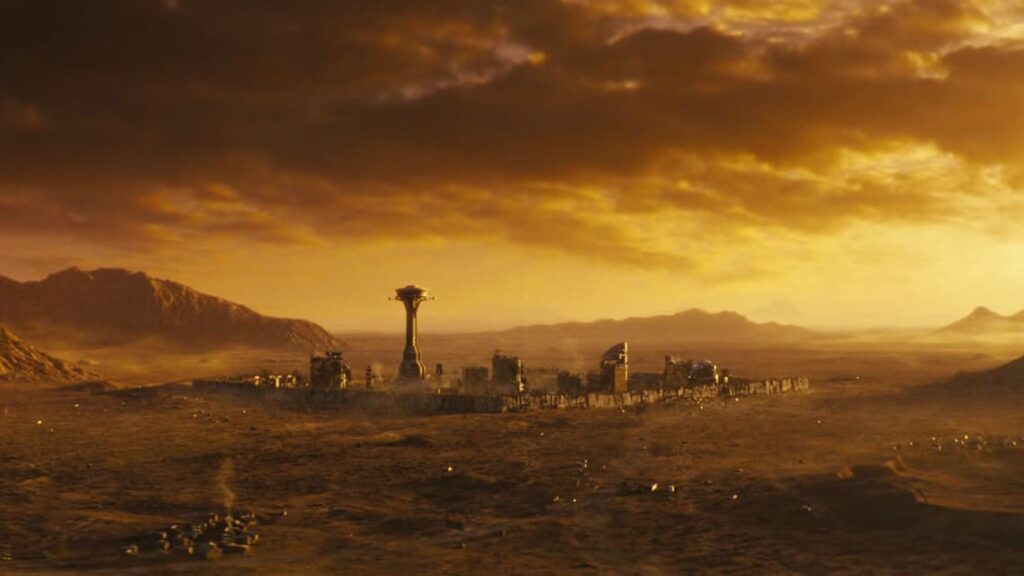
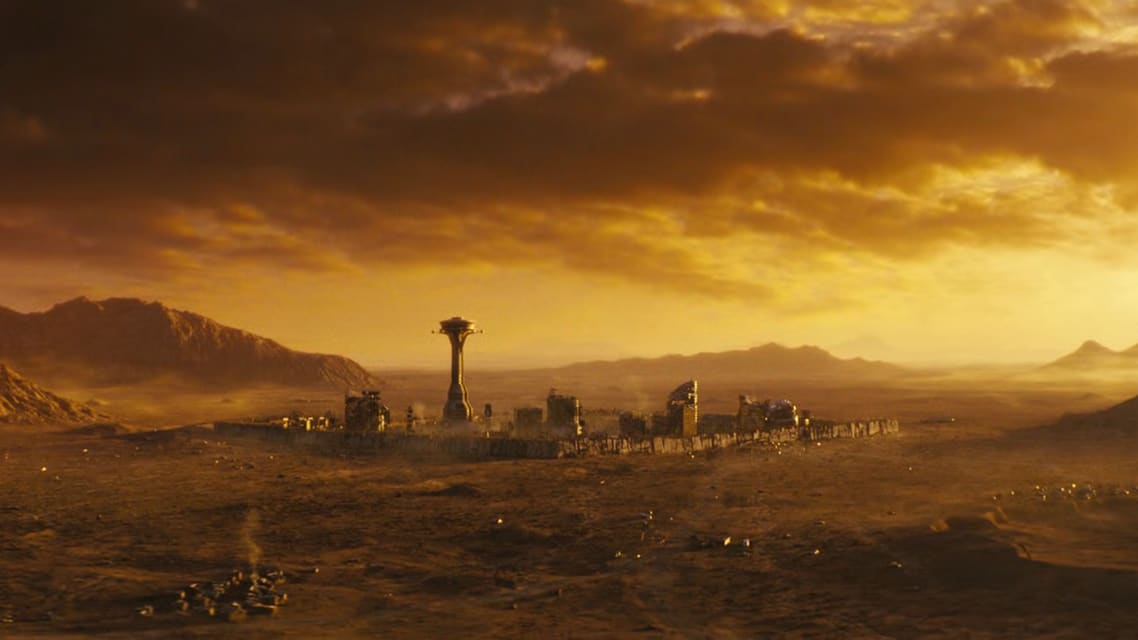
It’s not hard to understand the underlying feeling of doom and finality that pervades most entertainment today. People crave it; the angrier they are, the more they demand doom, gloom, and blood.
A brief slice of history (perhaps a thousand years or so) tells a story of periodic redundancy – the madness of the crowd demanding its due. However, history is also a revelation, reminding us that things did not always have to be this way.
The modern entertainment industry is gloomy and bleak
“Human beings, objects of veneration in the eyes of the people, are now being slaughtered for jokes and entertainment… It is a satisfying sight to see a human being reduced to a corpse.”
-Seneca
Seneca was a Stoic philosopher who lived between 4 BC and 65 AD. Seneca believed that people wasted their lives, and that the violence they embraced was part of that waste.
Of course, no one actually dies on screen these days, unless Alec Baldwin is hanging out somewhere on the set. Nonetheless, there is clear and ongoing concern about society’s ultimate poverty.
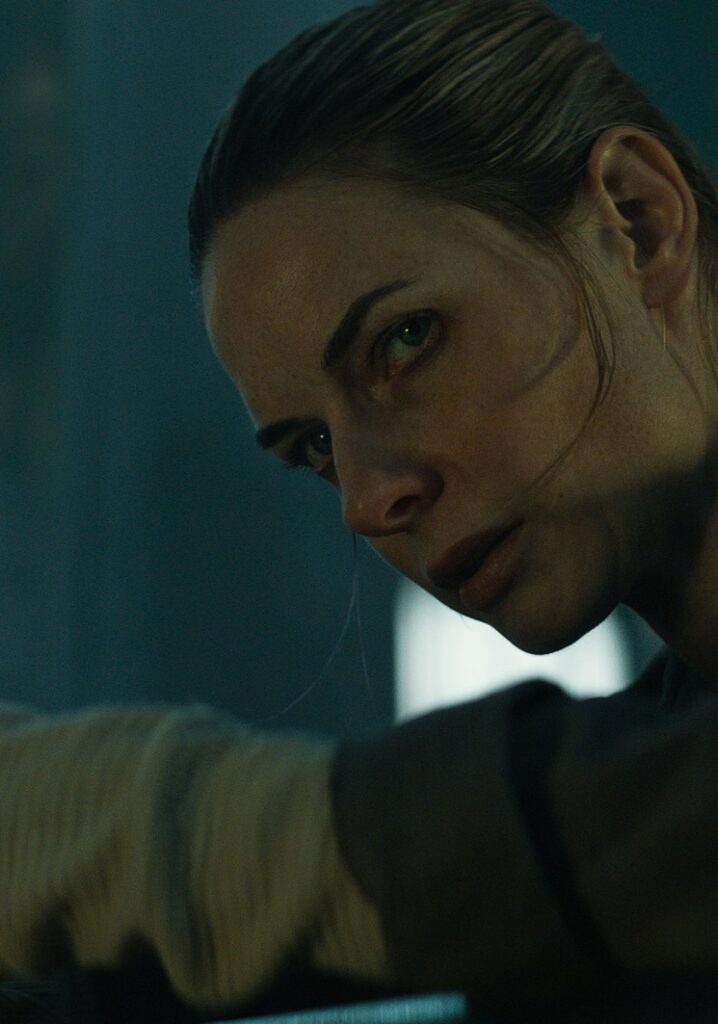
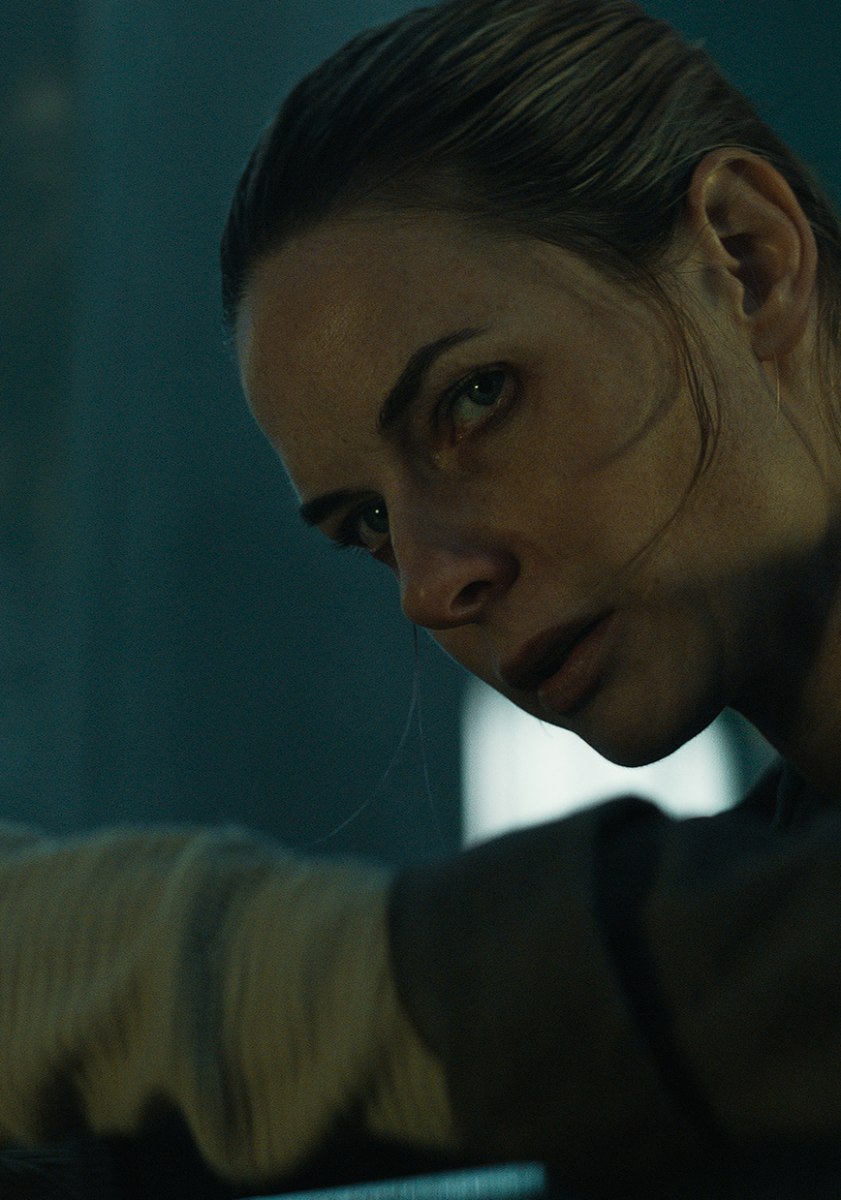
How many futuristic, dramatic inventions today are not dystopian? It’s all dark and washed out, filled with conflicted and often violent characters.
For example, The Silo is a popular show on Apple TV+, and its story revolves around hundreds of humans, apparently the last people on Earth, who are condensed in underground silos, unseen. To make a living under the pressure of power.
The surface of the earth is a desolate and painful scene, unsuitable for any living thing to survive. Similar levels of hopelessness, oppression, violence, and loneliness for future humans permeate the plots of popular TV series.
The Handmaid’s Tale, The Last of Us, Severance, Fallout, Snowpiercer, Squidward, Honey, Westworld, The Stand and See are just a few A small part of it. In ancient Greece and Rome, it was the Etruscans and gladiators. Bear baiting and jousting were popular from the Middle Ages to the Renaissance.
Cockfighting, city football, and dog fighting maintained their place during the Industrial Revolution, but now movies and television programs dominate as cheap, accessible forms of entertainment.
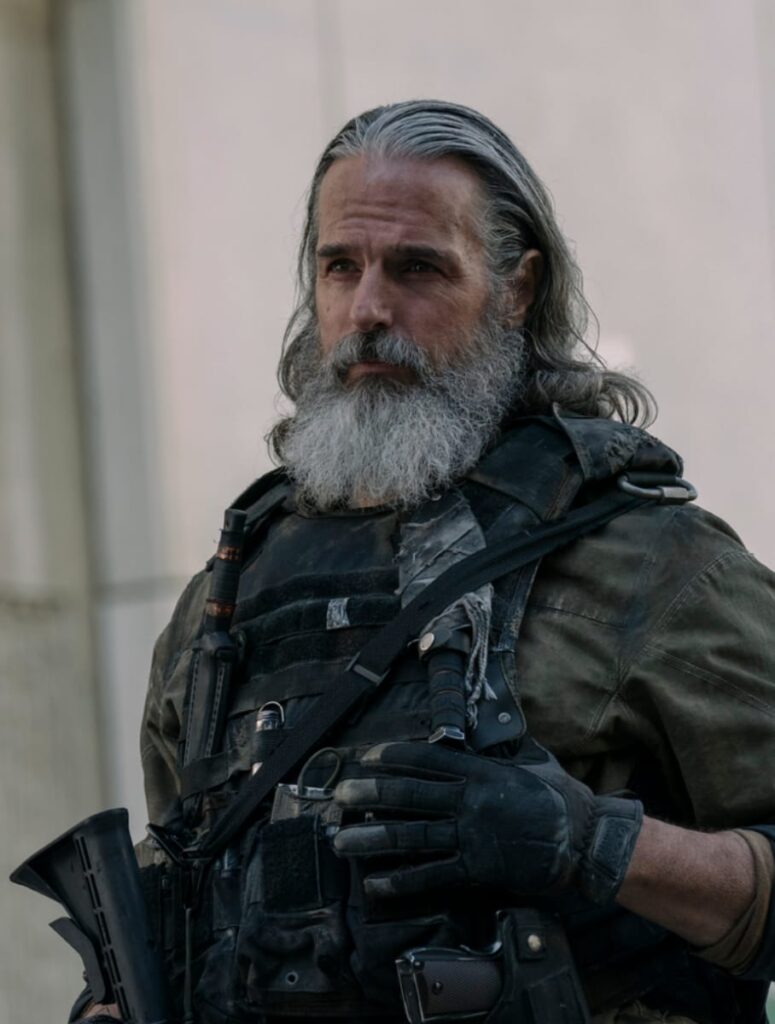
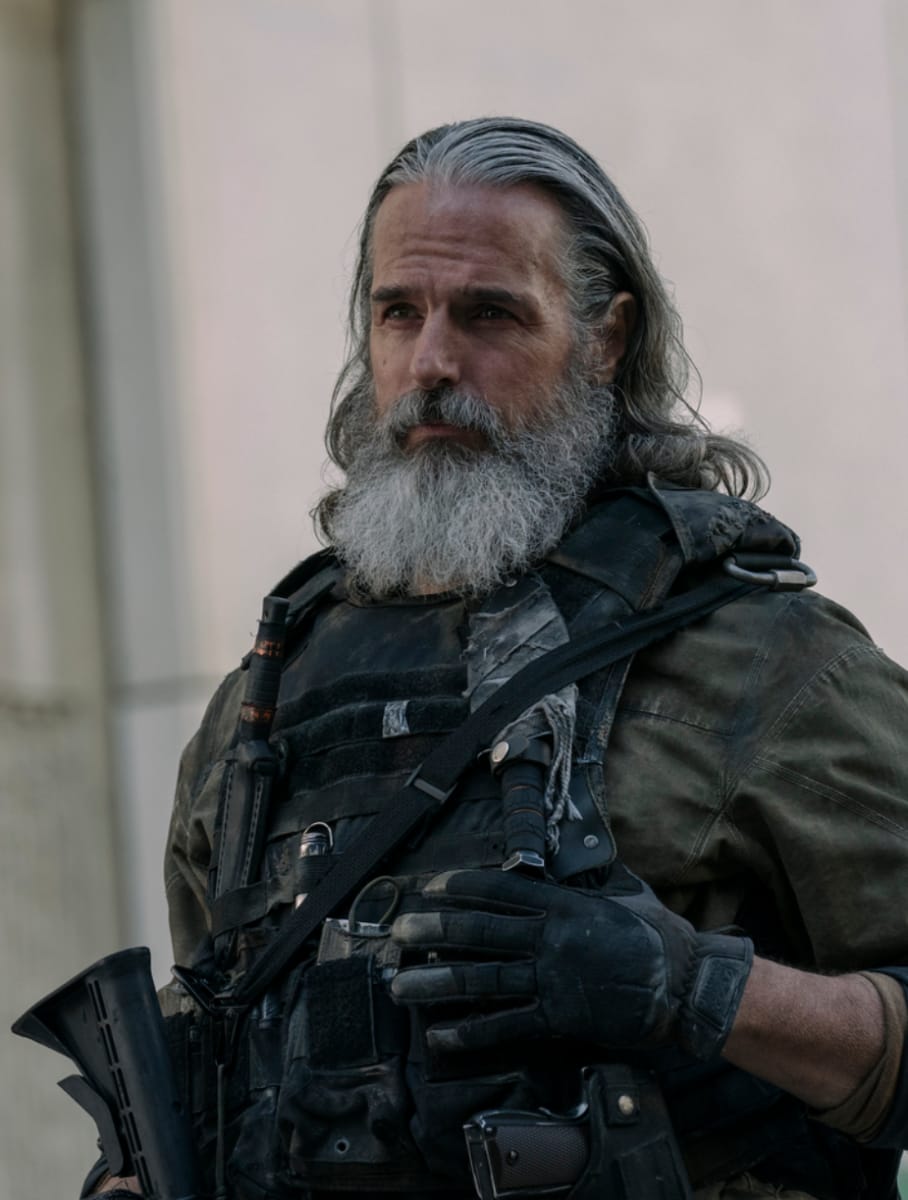
Whether it’s a mixture of adrenaline and catharsis, benign masochism, or more vicious sadism, people always seem to enjoy violent, regressive displays of human depravity. Dystopia sells. Misery sells. Therefore, it is always a marketable product.
Fortunately, this is not always the case
“Without hope for the future, there is no power in the present.”
——John Maxwell
The hopeful future of the die-hard optimist is not everyone’s imagination. After all, Rome declined under the weight of its own decay and chaos. Duels were banned. Dog fighting and cock fighting are both illegal.
The truth is, there are a variety of shows that reflect the more positive aspects of the human condition, such as Ted Russo, Modern Family, Derry Girls, and Friends. That’s not to say that the characters within it aren’t inherently flawed.
The journey from imperfection to enlightenment is a joyful aspect that appeals to many audiences. It’s more about the future of humanity and how it’s portrayed in fiction, especially on the big and small screens.
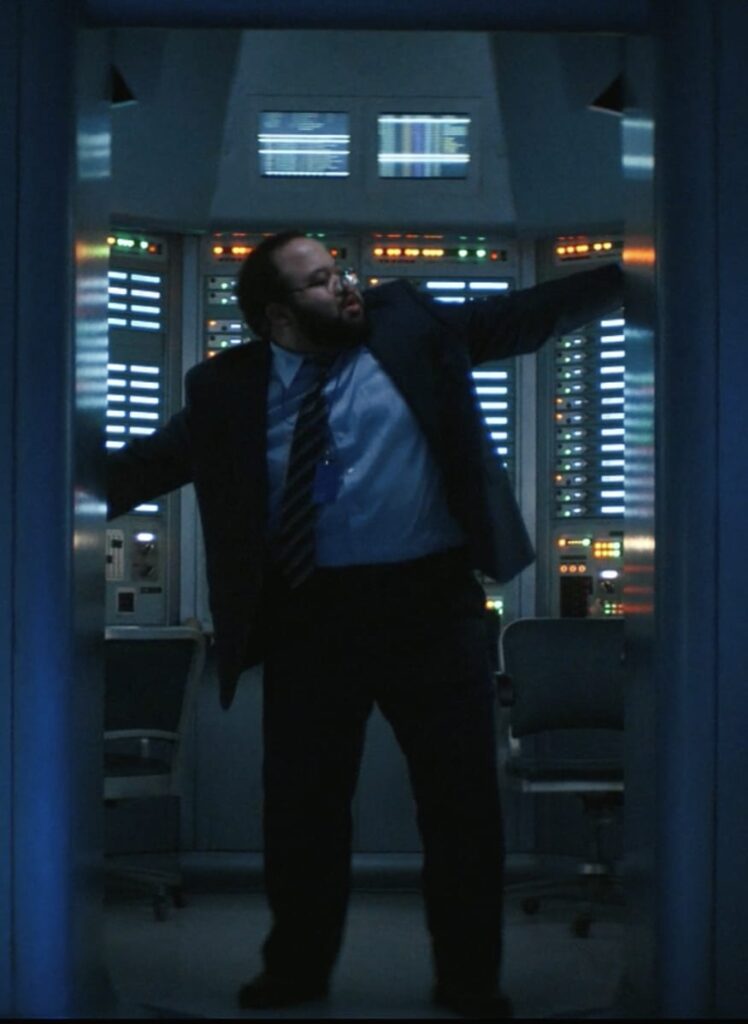
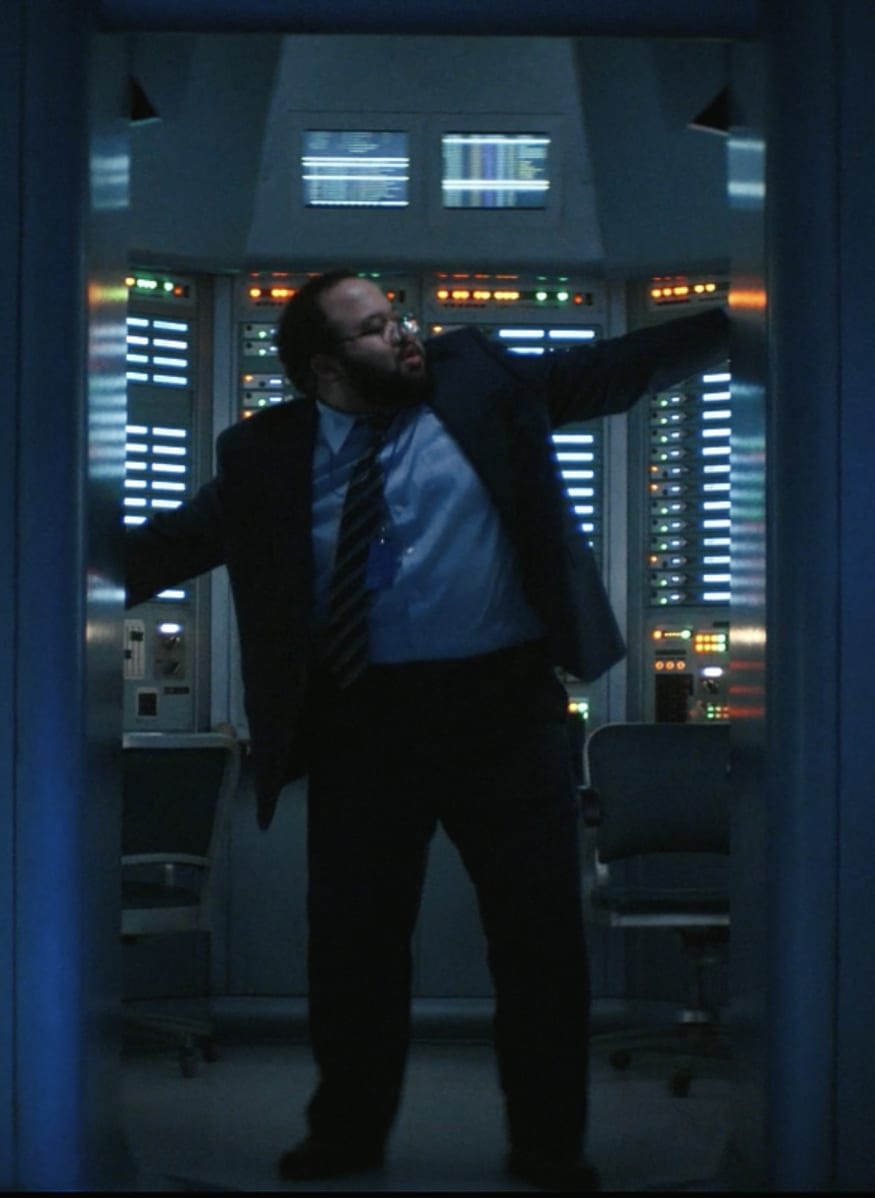
Some futuristic series come close. “The Expanse” is full of violence and horror, but it’s also set in a time when humans lived among the stars. “For All Mankind” also presents an optimistic future that avoids the death and shrinking existence of our descendants.
The problem is that they are vastly outnumbered. Even clean, slick science fiction like “Foundation” and the upcoming “Dune: Prophecy” is filled with tyranny, subterfuge, backstabbing, and humanity’s insatiable desire to dominate.
Given the vast divisions in modern society, the average person has little reason to embrace an optimistic, hopeful future.
Some of us have had a brutal, stressful day at work, faced hostility within our families, and then turned on the television and been inundated with hateful rhetoric from politicians and their followers. This does not include the slander and dirty plundering on social media.
Happy escapism has been replaced by consistent depictions of a bleak future filled with enduring hostilities.
Entertainment should embrace a hopeful future
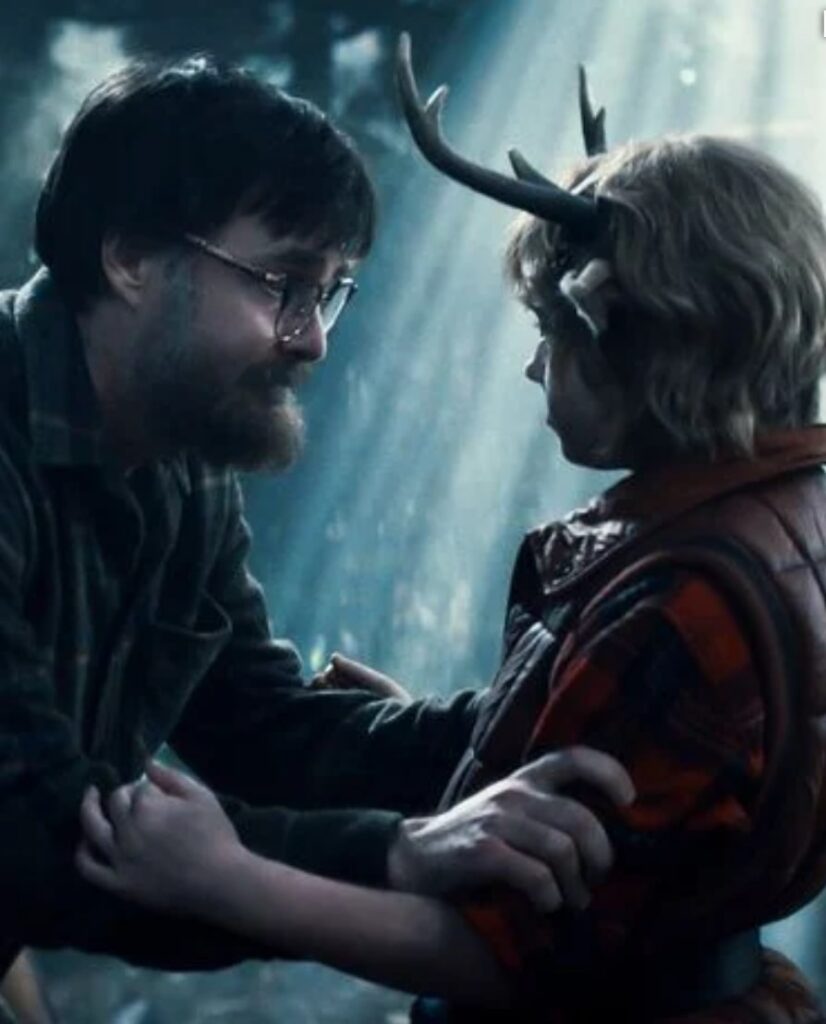
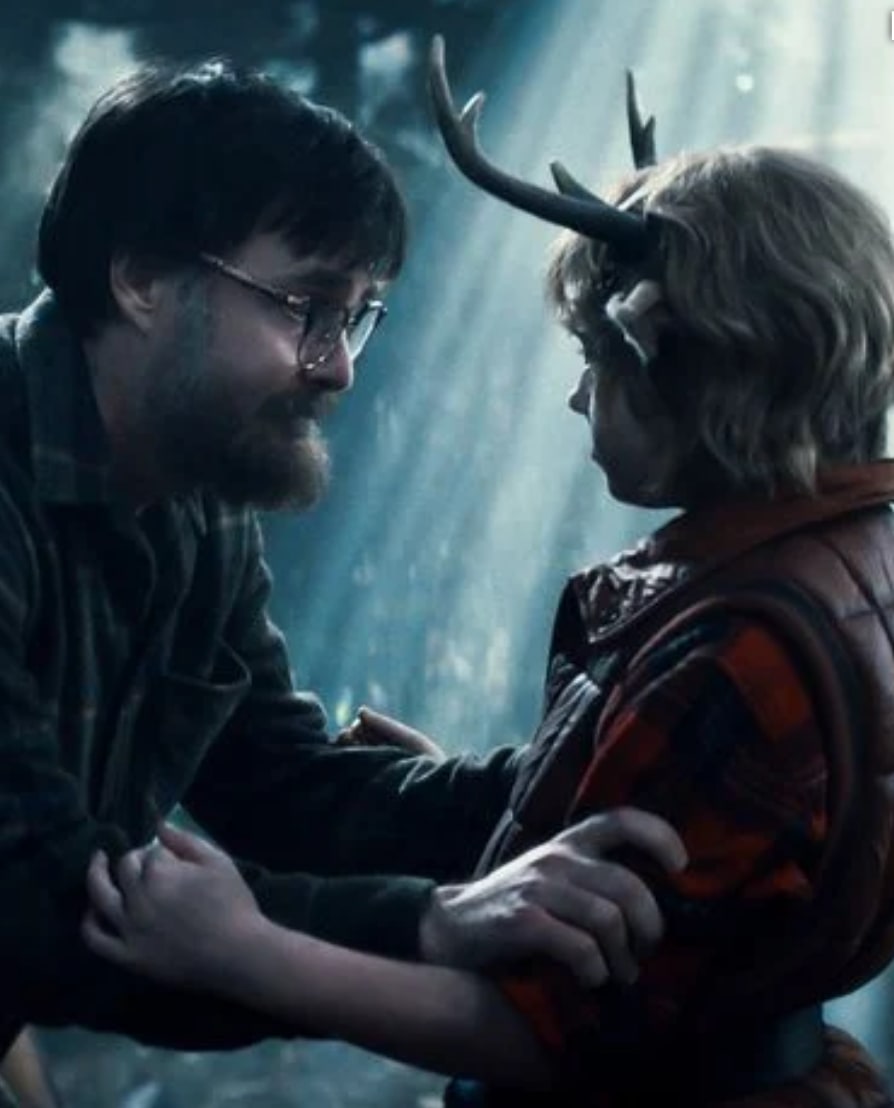
Connecting a dystopian future with our daily lives is not a complicated exercise. “Orange is the New Black” writer and producer Jenji Kohan recently addressed a crowd in Berlin, Germany.
“We’re getting this dystopian diet, and then [over time] We remember this idea we were given, that the future is a dumpster fire, and we embody it.”
-Jenji Cohan
She’s definitely on the right track. However, the question is: are we creating a future based on today’s entertainment, or does today’s entertainment simply reflect our leanings into the future?
This is a question with no easy answer. No one knows the future, no matter what the lines on your palms look like. History is nothing if not cyclical, and opening a history book covering events over a hundred years is instructive in this regard.
But just because history is cyclical, that doesn’t mean the curve will form itself in a vacuum. Change within the entertainment industry may be the simplest catalyst to a better tomorrow.
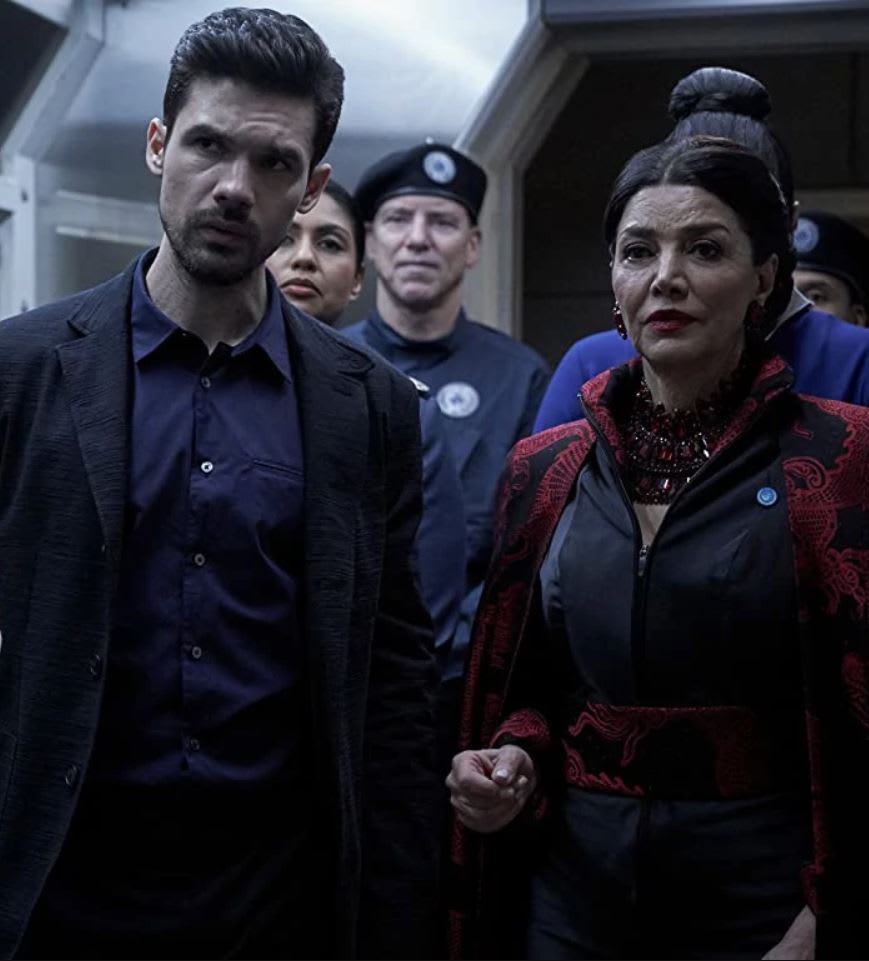

No, this is not the modern society in which Demolition Man was written, produced, and filmed. As Jenji Kohan is so keen to point out, even in a more hopeful future, humanity will still have problems.
Whether it’s set in a more optimistic, hopeful future or a dystopian one, an interesting, engaging narrative arc is possible.
In a way, programs covering the future of humanity are a source of inspiration and imaginative stimulation. Unfortunately, Hollywood’s current preference is for dystopian predictions of the future.
Character depth, compelling mysteries, remarkable narrative arcs, deep and resounding plots, and brilliant dialogue are enough to fuel optimism for future novels.
Judging from the current situation, people are likely ready for optimism and a hopeful future.
Maybe it’s time for television to offer the more exciting content audiences seem to be craving.

